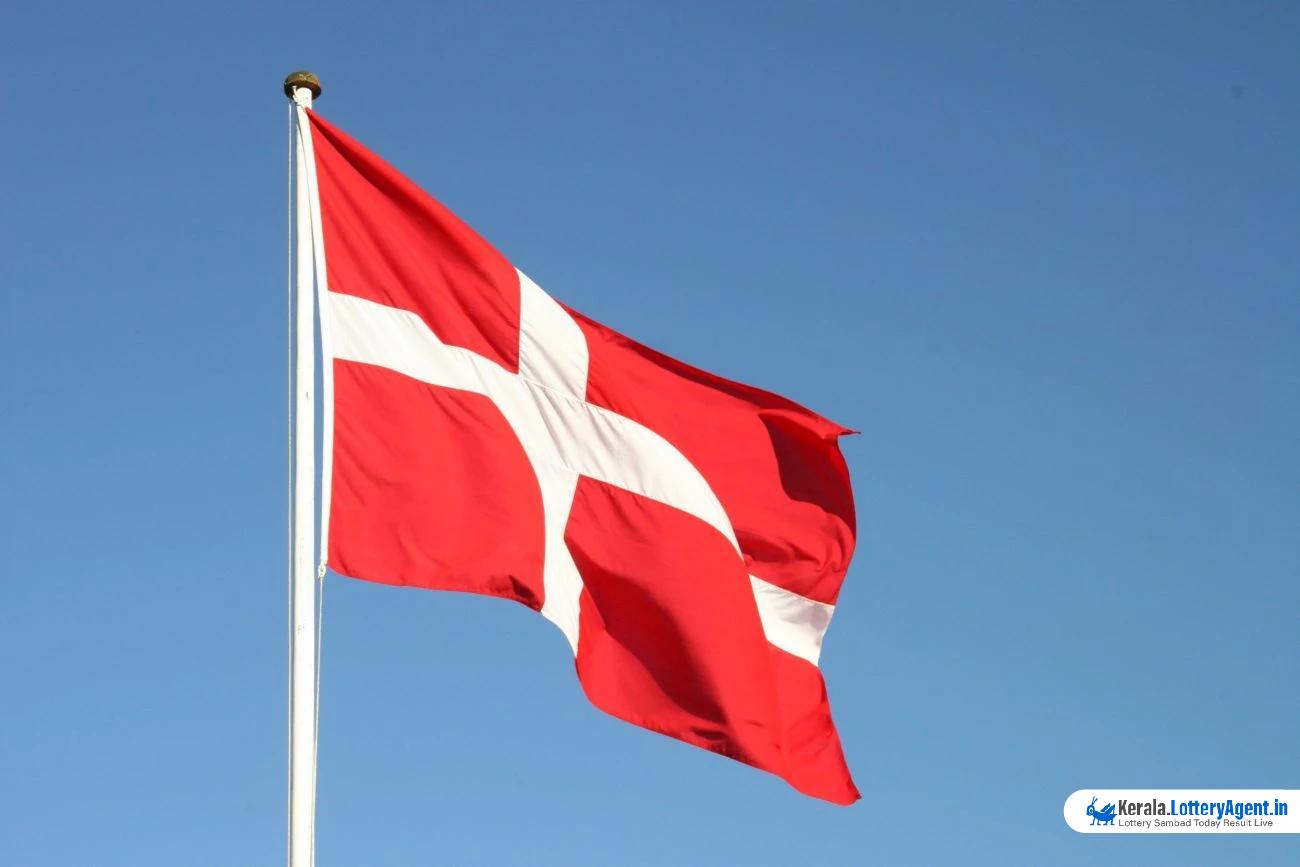
Group revenue at Danske Spil during the three-month period ending on March 31 skyrocketed to DKK1.24bn (£140.5m/€166.2m/$178.3m), marking a robust 2.2% increase from the DKK1.22bn reported in the first quarter of the previous year.
With the majority of this revenue stemming from its lottery segment, Danske Lotteri Spil, the company saw a 4.9% year-on-year rise in this division, achieving DKK711m. The growth in this sector was substantially aided by high jackpots in the Eurojackpot game, bolstered by recent changes including additional draws and elevated jackpots, capturing the public’s interest and participation.
Despite this growth story in the lottery segment, Danske Spil’s other business units had mixed results. Revenue from Danske Licens Spil, encompassing sports betting and online casino services, experienced a slight decline of 1.0%, settling at DKK393m. Although the casino sector experienced a rise in customers, contributing to revenue growth, these gains were counterbalanced by a downturn in sports betting.
Danske Spil attributed this slump in the sports betting arena to intense market competition and persistently weak margins. The scenario was further exacerbated by the decline in the retail market, a trend initiated by the 2021 enforcement of mandatory player ID cards, which appears to have deterred some players.
In addition to these segments, the group reported DKK1m in revenue from the Swush fantasy sports platform, which represented a stark 50.0% year-on-year decrease. This followed Danske Spil’s early Q1 decision to sell its 60% stake in Swush to Danish tabloid newspaper Ekstra Bladet, a strategic move that generated an additional DKK27m in income for the quarter.
However, other segments did not fare as well. Elite Gaming, Danske Spil’s gaming hall and land-based slots business, saw a 1.
.3% decrease in revenue, bringing in DKK75m. Conversely, Danske Klasselotteri, which was integrated into Danske Spil in April 2022, reported stable revenue of DKK64m. This segment is unique, holding only bi-annual draws and allocating 65% of ticket sales to the prize fund, providing a critical yet stable revenue stream for the operator.
Agent commissions remained fairly steady at DKK156m, while other gaming-related costs were down by 8.2%, amounting to DKK101m. Overall, most other expenses stayed consistent year-on-year, although there were some variations. Notably, external costs increased driven by rising prices for goods and services. However, this was somewhat balanced by reductions in depreciation and a slight reduction in personnel costs.
The sale revenue generated from Swush was pivotal in counterbalancing these cost increases. Combined with the overall revenue rise, it resulted in a significant pre-tax profit of DKK646m, a notable 9.9% increase from the previous year’s figures.
After accounting for a tax payment of DKK137m, Danske Spil’s net profit stood at an impressive DKK510m, compared to DKK459m in the prior year’s corresponding quarter. This remarkable performance highlights the company’s operational efficiency and strategic initiatives, despite the headwinds it faces in some segments of its business.
Looking forward, Danske Spil’s full-year projections remain steady with anticipated revenue between DKK5.0bn and DKK5.2bn for the 2024 financial year. The company also maintains its forecast for post-tax profit, expected to range between DKK1.8bn and DKK1.9bn for the fiscal year 2024.
The latest financial results underscore Danske Spil’s strategic agility in responding to market dynamics, leveraging high-demand segments like the lottery, and making decisive moves such as the sale of its stake in Swush. As it navigates the competitive landscape of sports betting and land-based gaming, the company remains committed to achieving its financial targets and sustaining profitability.












